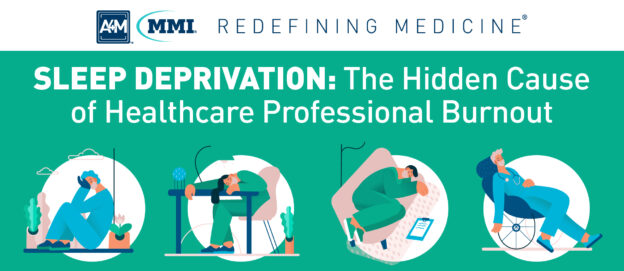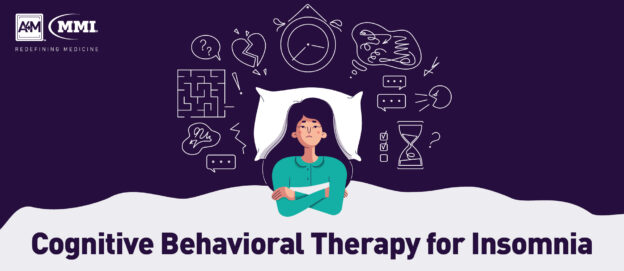Each January sparks a flurry of New Year’s resolutions: drink less alcohol, eat better, quit smoking, spend less, exercise more, and so on. Many may try Dry January, 30-day diets or exercise challenges, or deleting social media apps – and the January Gym Rush speaks for itself. These goals can often be boiled down to two ambitions: to improve physical health and health outcomes and to promote mental wellness.
Generational Divides In Aspirations
According to data gathered by Statista, exercising more, eating healthier, and losing weight are the three most common New Year’s resolutions in the U.S. for 2023. But the statistics change based on age, with the primary goal of young adults aged between 18 to 25 years being: to improve mental health.
Forbes Health’s survey results reveal each generation’s priorities for the coming year. The top four resolutions for individuals between 26 and 41 years of age were to improve mental health, lose weight, improve fitness, and improve finances. Meanwhile, respondents between 42 and 57 years of age emphasized weight loss over mental health, followed by dietary changes.
Interestingly, the lowest percentage of survey respondents cited improving work performance as one of their goals for the year, preceded by resolutions to drink less alcohol and meditate regularly.



